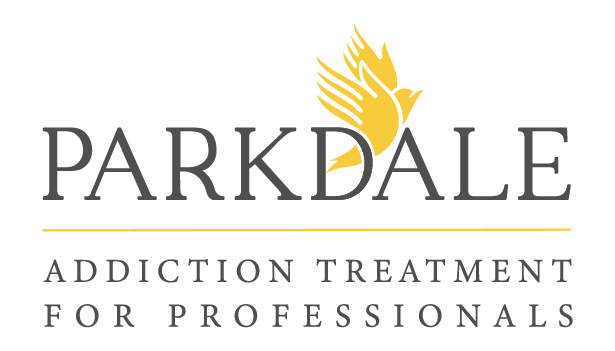By: Ethan Bickelhaupt
Over the last 10 years there has been an enormously towering issue casting a shadow on our American way of life that has reached far beyond anything anyone could have imagined. A new foe has made itself evident in the now decades long so called “War on Drugs” growing with ISIS like proportions and leaving behind thousands of victims of in its wake. While we have long waged war on drugs and on those who supply them, the fight has become increasingly more complex where the enemy, much like ISIS, is hiding in plain sight. In fact, you may have been affected by this foe in one way or another and if you’re one of the thousands of Americans who struggle with chronic pain, chances are this enemy lives right in the comfort of your own home. Yes, we’re talking about prescription painkillers and what was once originally meant to kill pain is now killing human beings. According to the National Institute of Health, in 2014, “approximately one out of twenty Americans reported misuse or abuse of prescription painkillers.” It has literally become the fastest growing drug issue we face as a nation.
The suppliers, however, are no longer limited to street corner thugs and other stereotypical apothecaries of the night. Today, suppliers are often well dressed, white collar workers who wear a suit and tie...perhaps even a lab coat. The market for prescription painkillers is wide and supplier pockets are deep. And with the ever increasing need for painkillers among Americans, this fight seems to have no end in sight. Deaths due to prescription painkillers have been long attributed to overdoses, but according to The Fix’s May Wilkerson, “A new study suggests that highly addictive painkillers may also contribute to heart related death and other fatalities, meaning opioids could be even more dangerous than we think.” Imagine that. In addition to potentially fatal overdoses, those who who have become victims of these highly addictive painkillers also face the threat of not only moving toward the abuse of other illegal drugs like heroin, but may also experience breathing issues, “irregular heartbeats, heart attacks or sudden death.” (see reference below)
The enormity of the prescription painkiller epidemic goes far beyond the threat of overdose but can serve as a gateway to a host of other health issues and addictions. The CDC has recommended that doctors only prescribe these types of painkillers if absolutely necessary. And programs are being put in place to help in the fight against this issue. Medical facilities and treatment centers are also providing state of the art techniques to help manage pain in a way that doesn’t require pills at all. The important thing to recognize is that prescription painkillers don’t have to be the end all be all of pain management. It is important to seek out the right help necessary to not just accommodate your need for pain relief but to address the problem at its root. Knowledge is the most important gain one should always receive from their pain.
For more information on this topic and or the article from which it is derived check out: https://www.thefix.com/accidental-overdose-isnt-only-major-risk-using-painkillers-study-finds
Also for more information on this and other important topics on addiction and substance abuse visit us at parkdalecenter.com



